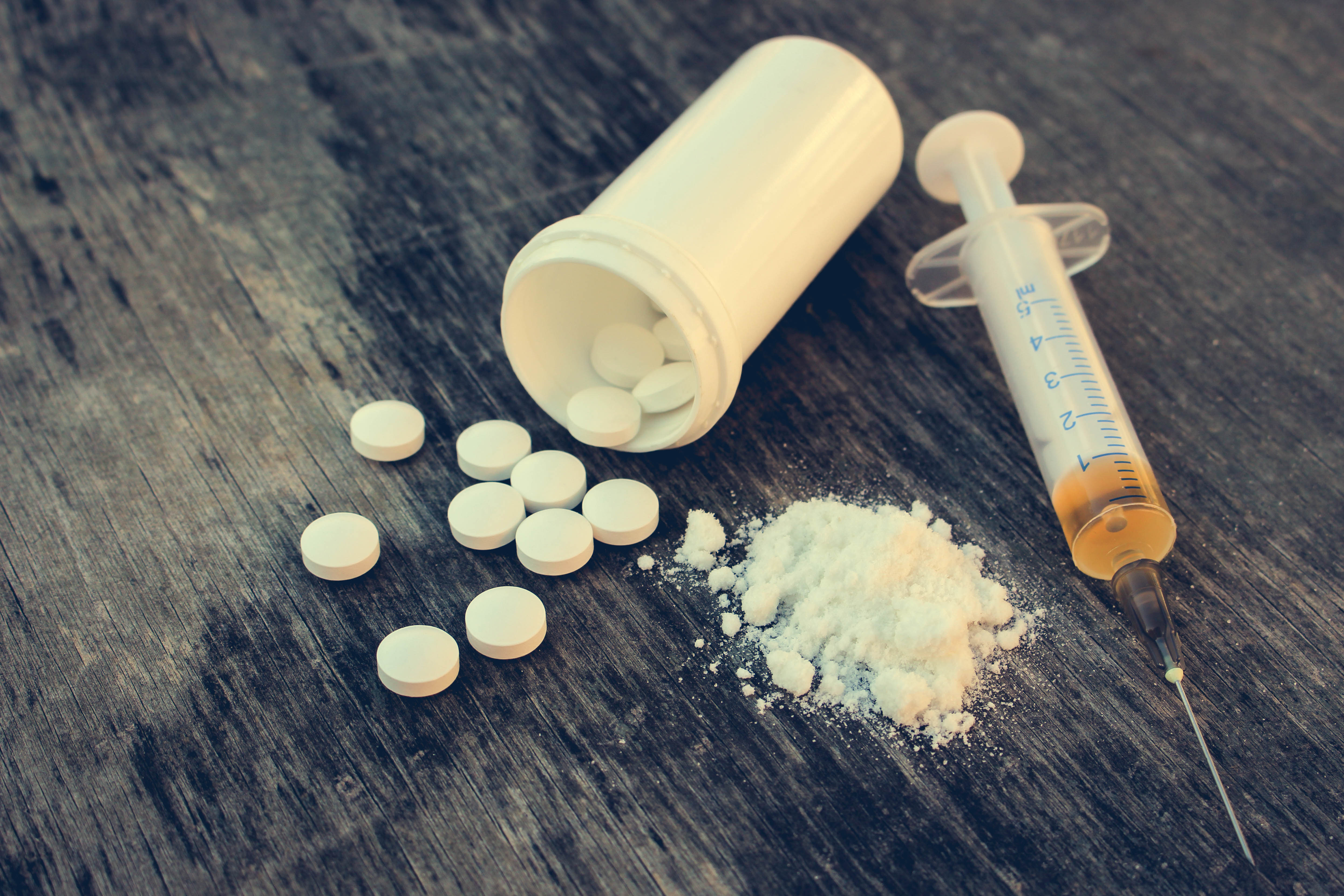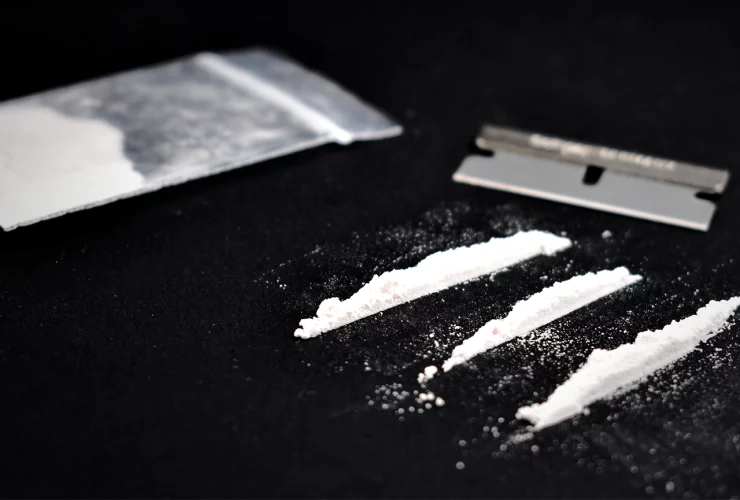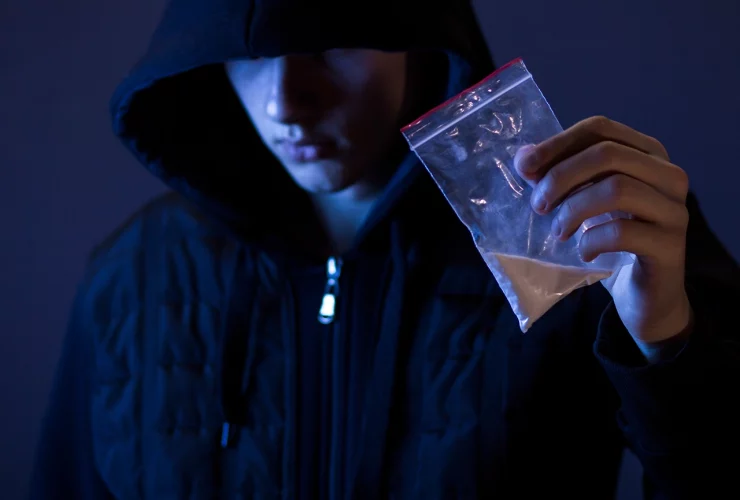You’ll See What Really Happened with Cocaine Addiction

Cocaine is one of the most common and gravely abused street drugs in Canada. You’ll probably hear other street names associated with the drug including coke, crack, snow, C, blow, flake, and freebase. There are pure and synthetic types of crack, depending on the content and how it was manufactured but all have the same adverse and oftentimes fatal effects especially when abused and overdosed.
Related article: Cocaine Addiction: How it Works in Canada and How it Affects the Life of a Person?
Who uses cocaine in Canada?
In the previous years, the street drug has affected the youth in Canada with 2.6% of Ontario students are reportedly into using crack during a 2009 survey according to the Centre for Addiction and Mental Health.
How does cocaine affect your physiological state?
The effects of cocaine usually depend on a person’s age, mood, environment, and expectation. Crack can affect you depending on how often you use the drug, how much cocaine you used, and how long you have been using it. It may also have a different impact on people who are taking other drugs or any alcohol and are grappling with certain psychiatric and medical conditions.
One of the most obvious effects of cocaine is the elevated energy level where the user becomes alerted, euphoric, and talkative. They have enhanced or magnified senses with a heightened sense of touch, sight, sound, and even become sexually active as well. Crack makes you feel less hungry and you would not feel the need for sleep or rest. Since coke is also a stimulant, there are users that feel calmer when they take the drug and have that increased confidence, self-control, and ease with their interaction with other people. Other cocaine users feel a different effect such as agitation, nervousness, and the inability to relax.
What does high dosage of cocaine do to you?
With tolerance to crack, a person would feel more inclined to increase his dosage in order to achieve a certain high and this puts him at risk of numerous physical and health issues. When taken in higher dosage, cocaine leaves users with long-term problems such as panic attacks, usually out of nowhere. The panic and anxiety attack is most probably a product of the symptoms of psychosis that a person would also experience due to higher crack dosage.
The psychotic symptoms of taking crack may include paranoia or feeling unreasonably suspicious and jealous of others or that sense of being persecuted. Prolonged use of crack with a much higher dosage also results in hallucinations and delusions. The user becomes bizarre, erratic, and at times would resort to violent behavior. There are crack addicts that experience seizure as their body could not handle the massive amount of drugs in their systems. In worse scenarios, a higher dosage of cocaine is fatal and would result in death, which has been in the news concerning Canadian cocaine dependents and addicts.
The Canadian government is facing a huge dilemma in its fight against substance abuse and cocaine is undoubtedly in the frontline. Crack addiction and dependence is a deep personal and social problem but it is definitely not impossible to solve with the right treatment initiatives.
Call Inspire Change Addiction Rehab in Vancouver for addiction treatment programs.


